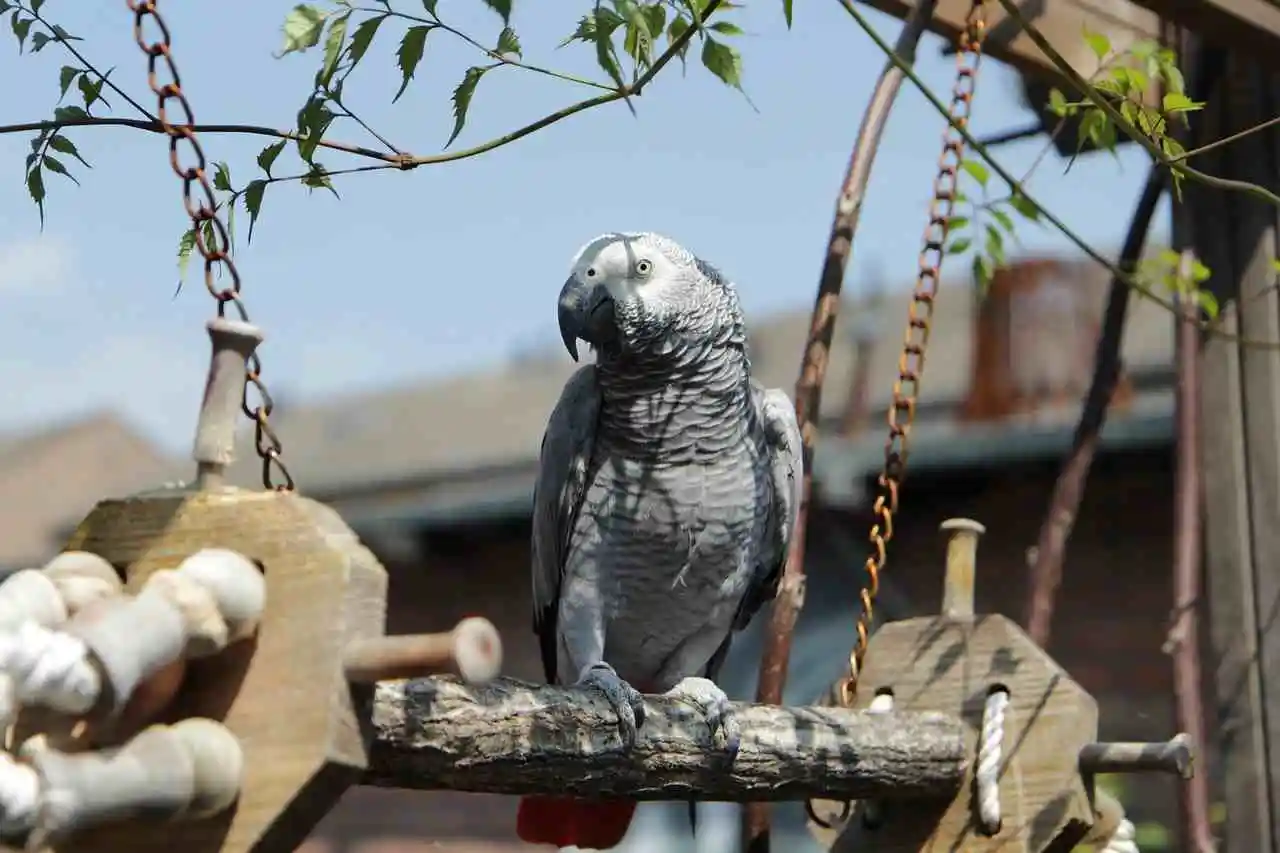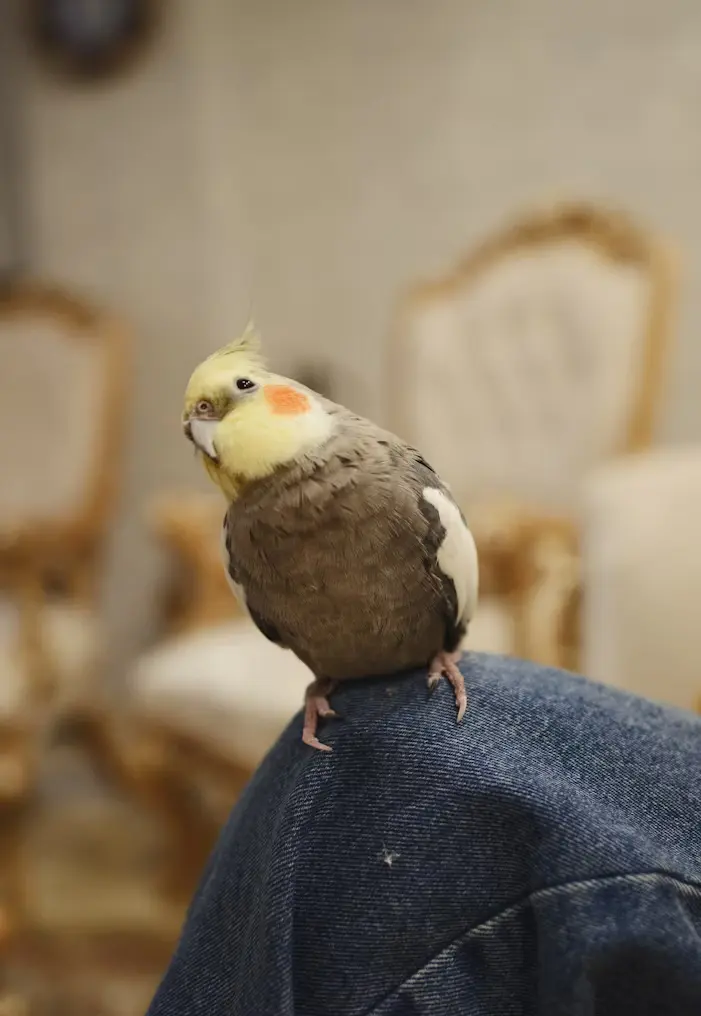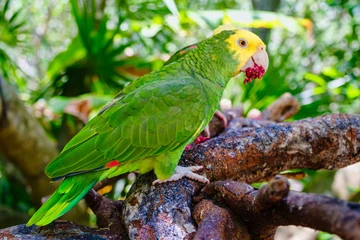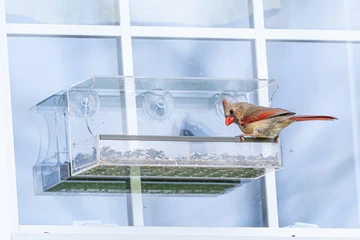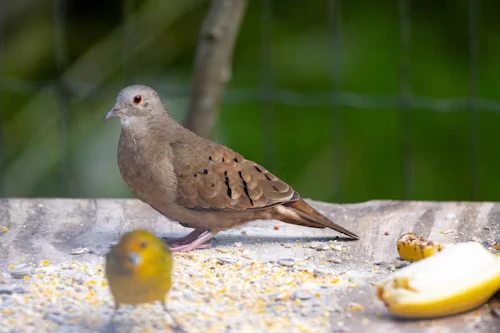African Grey Parrot Talking: Best Secrets for a Happy Bond
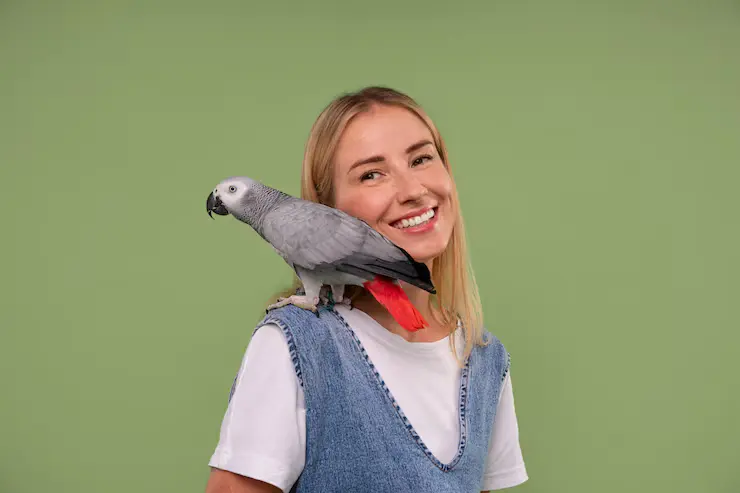
Remember the first time you heard an African Grey Parrot speak? It’s a truly remarkable experience. These birds aren’t just mimicking sounds; they’re demonstrating a level of cognitive ability that sets them apart. As a prospective or current owner, you’re likely curious about the extent of African Grey Parrot talking abilities, how to nurture this gift, and what makes them so uniquely intelligent. This guide will delve into the fascinating world of African Grey communication, providing you with everything you need to know, from building their bird behavior understanding to expanding their african grey parrot vocabulary.
Table of Contents
Why Are African Grey Parrots Such Exceptional Talkers?
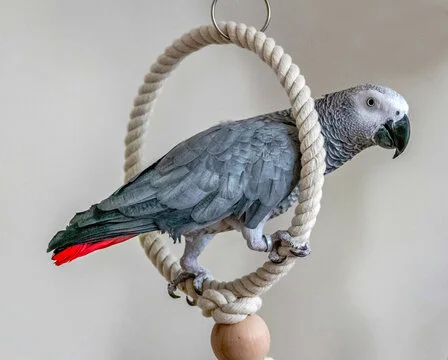
African Greys consistently rank among the most intelligent bird species, and their capacity for speech is a major part of that. But it’s not simply about imitation. While they do mimic sounds, they’re capable of much more. Their intelligence is comparable to that of a human child between 4-6 years old. This means they can not only learn words but also associate them with meanings, understand concepts, and even use them in context.
Several factors contribute to this amazing capability:
- Brain Structure: African Greys have a particularly well-developed brain structure, especially the areas responsible for vocal learning.
- Social Learners: In the wild, African Greys live in complex social groups and rely heavily on vocal communication. This innate social drive translates into a willingness to learn and imitate sounds from their human flock.
- Vocal Anatomy: Their syrinx, the bird equivalent of a larynx, gives them exceptional control over sound production, allowing for clear articulation.
- Lifespan: With a lifespan of 50-80 years, they have ample time to learn and refine their communication skills.
Understanding African Grey Parrot Talking Ability: Beyond Mimicry
The african grey parrot talking ability isn’t just about repeating phrases. They can demonstrate impressive cognitive skills, including:
- Contextual Understanding: They can use words appropriately in different situations. For example, saying “good morning” only in the morning.
- Associative Learning: They connect words with objects, actions, and emotions. If you consistently say “apple” while offering them a piece of apple, they’ll eventually associate the word with the fruit.
- Problem Solving: Some African Greys can use language to request items or express their needs – a clear sign of understanding beyond simple repetition.
- Emotional Expression: They can modify their tone of voice to convey emotions like happiness, sadness, or frustration.
- Creative Use of Language: Some birds even combine words in novel ways, indicating a level of genuine understanding and thought.
It’s important to remember, however, that not all African Greys will become fluent conversationalists. Individual personality, environment, and training all play a significant role.
Expanding Your Parrot’s Vocabulary: How to Teach an African Grey to Talk
So, you’ve brought a wonderfully intelligent African Grey into your home. Now what? Here’s a breakdown of how to teach african grey to talk effectively:
1. Early Exposure & Consistent Interaction:
- Start Young (if possible): While older birds can still learn, younger parrots tend to be more receptive.
- Talk, Talk, Talk: Narrate your day! Describe what you’re doing, what you’re eating, and what you see. The more your parrot hears, the better.
- Repetition is Key: Repeat words and phrases frequently, especially those related to their daily routine.
- Positive Reinforcement: When your parrot attempts to mimic a sound, reward them with praise, head scratches, or a small treat.
2. Structured Learning Sessions:
- Short & Frequent: Keep training sessions short (5-10 minutes) and conduct them several times a day. This keeps your parrot engaged and prevents frustration.
- Visual Aids: Use pictures or real objects while saying the corresponding word. For example, show them an apple and say “apple.”
- Interactive Games: Play games like “What’s this?” to test their understanding.
- Recordings: Record yourself saying words and phrases and play them back during quiet times.
3. Creating a Stimulating Environment:
- Socialization: African Greys thrive on interaction. Spend quality time with your parrot, even if it’s just sitting and talking while you do other things.
- Toys & Enrichment: Provide a variety of toys that encourage problem-solving and interaction. Puzzle toys are excellent for stimulating their minds.
- Varied Sounds: Expose them to different sounds – music, nature sounds, even conversations from the television.
The Importance of African Grey Parrot Intelligence & Mental Stimulation
Simply teaching your parrot to talk isn’t enough. Their african grey parrot intelligence demands constant mental stimulation to prevent boredom, destructive behaviors, and even depression. A bored parrot is more likely to develop feather-plucking habits or become overly aggressive.
Here’s how to keep their minds engaged:
- Foraging Toys: Hide food in toys that require them to work to access it.
- Puzzle Toys: Provide puzzles that challenge their problem-solving skills.
- Rotation of Toys: Regularly rotate their toys to keep things interesting. Don’t leave all toys available at once.
- Training Sessions: Continue with training sessions even after they’ve learned a substantial vocabulary. You can teach them new tricks or expand on existing skills.
- Social Interaction: Spend dedicated time interacting with your parrot each day, engaging in conversation, playing games, or simply providing companionship.
Troubleshooting: Why Isn’t My African Grey Parrot Talking?
It’s common for owners to feel discouraged if their African Grey isn’t talking as much as they’d hoped. Here are a few reasons why and what you can do:
- Age: Young birds (under a year) may not have fully developed their vocal cords or be ready to start talking.
- Personality: Some parrots are naturally quieter than others.
- Environment: A stressful or noisy environment can inhibit learning. Make sure your parrot feels safe and secure.
- Lack of Interaction: If you don’t spend enough time interacting with your parrot, they may not be motivated to learn.
- Health Issues: In rare cases, a medical condition could be affecting their ability to vocalize. If you’re concerned, consult an avian veterinarian.
- Improper Techniques: Review your training methods and make sure you’re using positive reinforcement and keeping sessions engaging.
Remember, patience is key! Every parrot learns at their own pace.
African Grey Parrot Vocabulary: What Can You Expect?
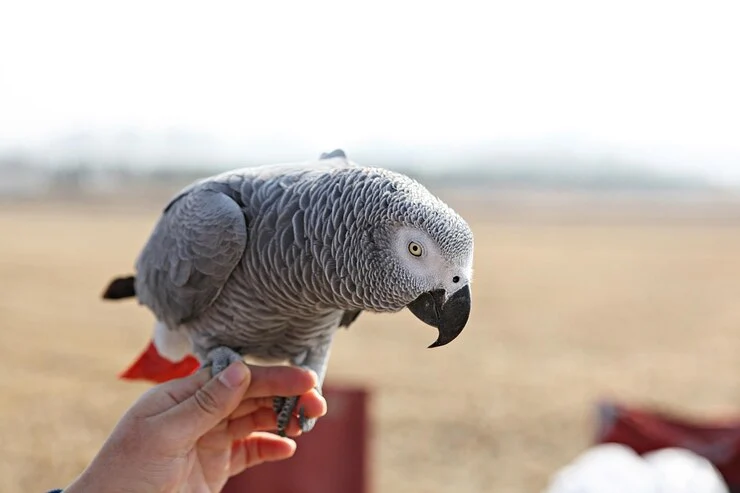
The size of an african grey parrot vocabulary varies significantly between individuals. Some birds may learn only a few dozen words, while others can amass hundreds. Here’s a general idea of what to expect:
| Vocabulary Size | Description |
|---|---|
| Beginner (Under 20 words) | Learns basic greetings, names of family members, and simple phrases like “good bird.” |
| Intermediate (20-100 words) | Can hold short conversations, mimic sounds accurately, and understand basic commands. |
| Advanced (100+ words) | Able to engage in more complex conversations, use words in context, and demonstrate a remarkable understanding of language. |
Consider Gizmo the Grey, a famous African Grey whose vocabulary and conversational skills are truly astounding.
FAQ: Addressing Common Questions About African Grey Parrot Talking
Q: How long does it take for an African Grey to start talking?
A: It varies, but many parrots start mimicking sounds within a few months, with more coherent speech developing over a year or more.
Q: My African Grey only repeats things. Is it actually understanding what it’s saying?
A: This is a common question! While repetition is the first step, observant owners often notice their birds using words in appropriate contexts, proving they’re not just mimicking.
Q: What are some good first words to teach my African Grey?
A: Start with words that are relevant to their daily life, such as “hello,” “goodbye,” “up,” “step up,” “eat,” and the names of their favorite foods.
Q: Should I correct my parrot’s pronunciation?
A: Generally, no. Focus on positive reinforcement. Trying to constantly correct their pronunciation can be frustrating for both of you.
Q: What if my African Grey screams a lot instead of talking?
A: Screaming can be a sign of boredom, loneliness, or anxiety. Increase their mental stimulation and social interaction. Understanding the costs associated with owning an African Grey, including time commitment, is crucial.
Conclusion: The Rewarding Journey of Communication
Owning an African Grey Parrot is a truly special experience, and their ability to talk is undoubtedly one of the most captivating aspects. Remember, African Grey Parrot talking is a journey that requires patience, dedication, and a willingness to understand these remarkable creatures. By providing a stimulating environment, engaging in consistent training, and celebrating their successes, you can unlock the full potential of your feathered companion and create a bond built on communication and mutual understanding.
If you’ve enjoyed learning about African Grey parrots and their incredible ability to talk, please share this article with other bird lovers! Do you have any tips or experiences to share? Leave a comment below – we’d love to hear from you! And don’t forget to explore more about parrot care and different parrot species on Magical Pet Bird!

